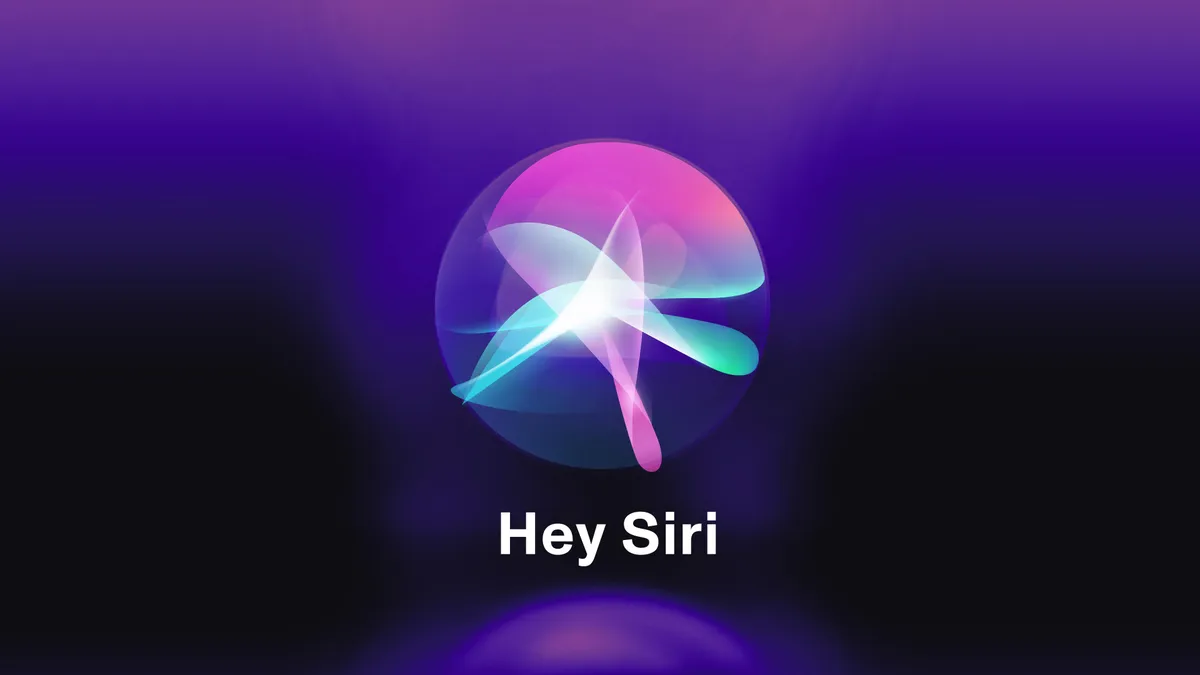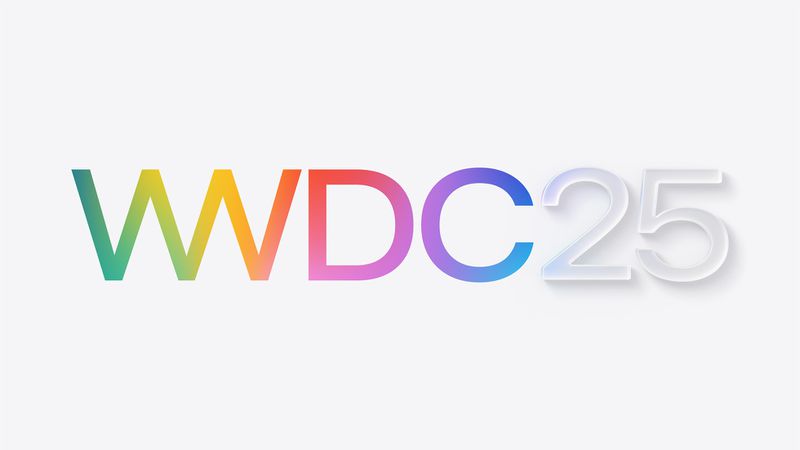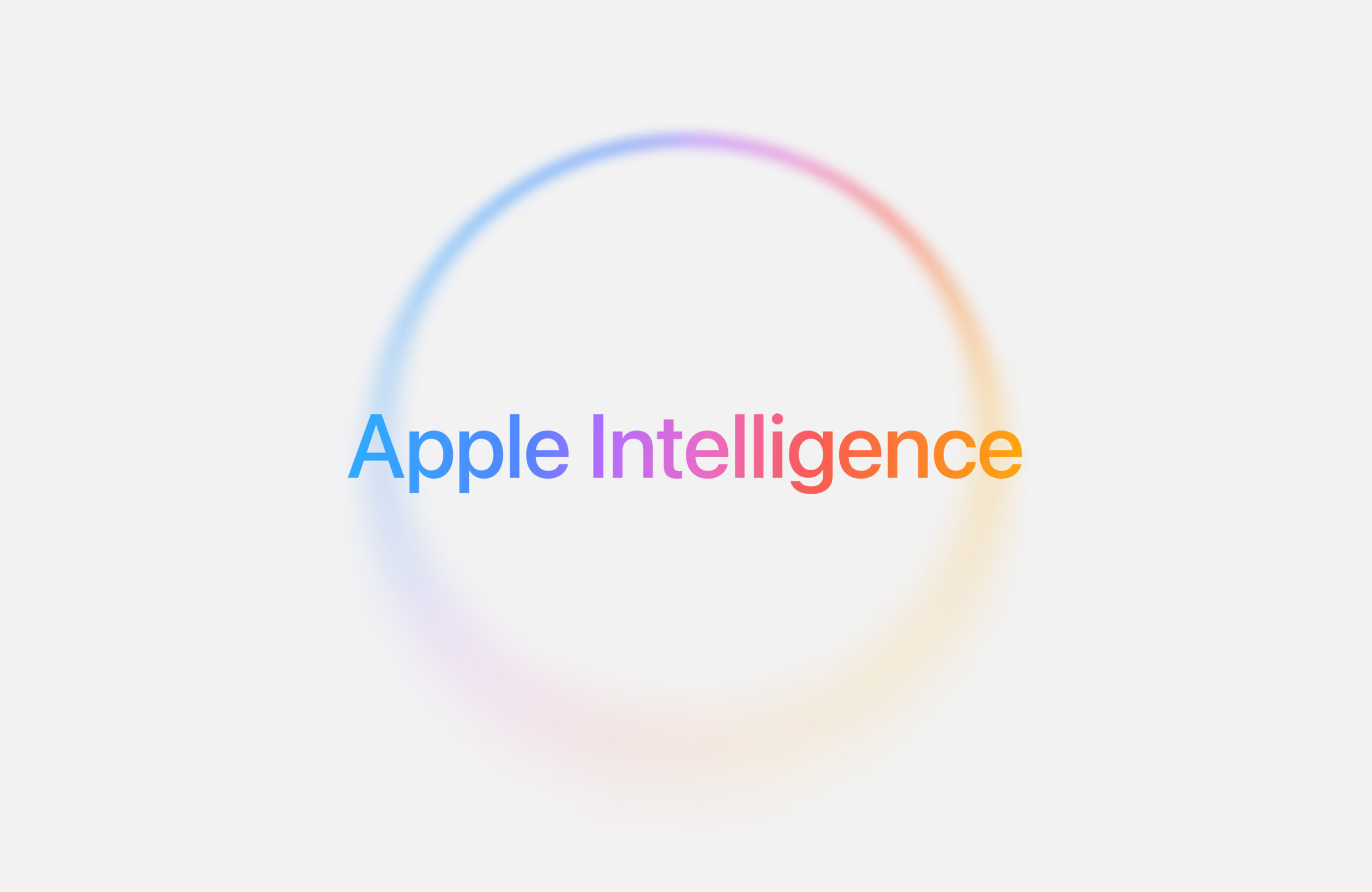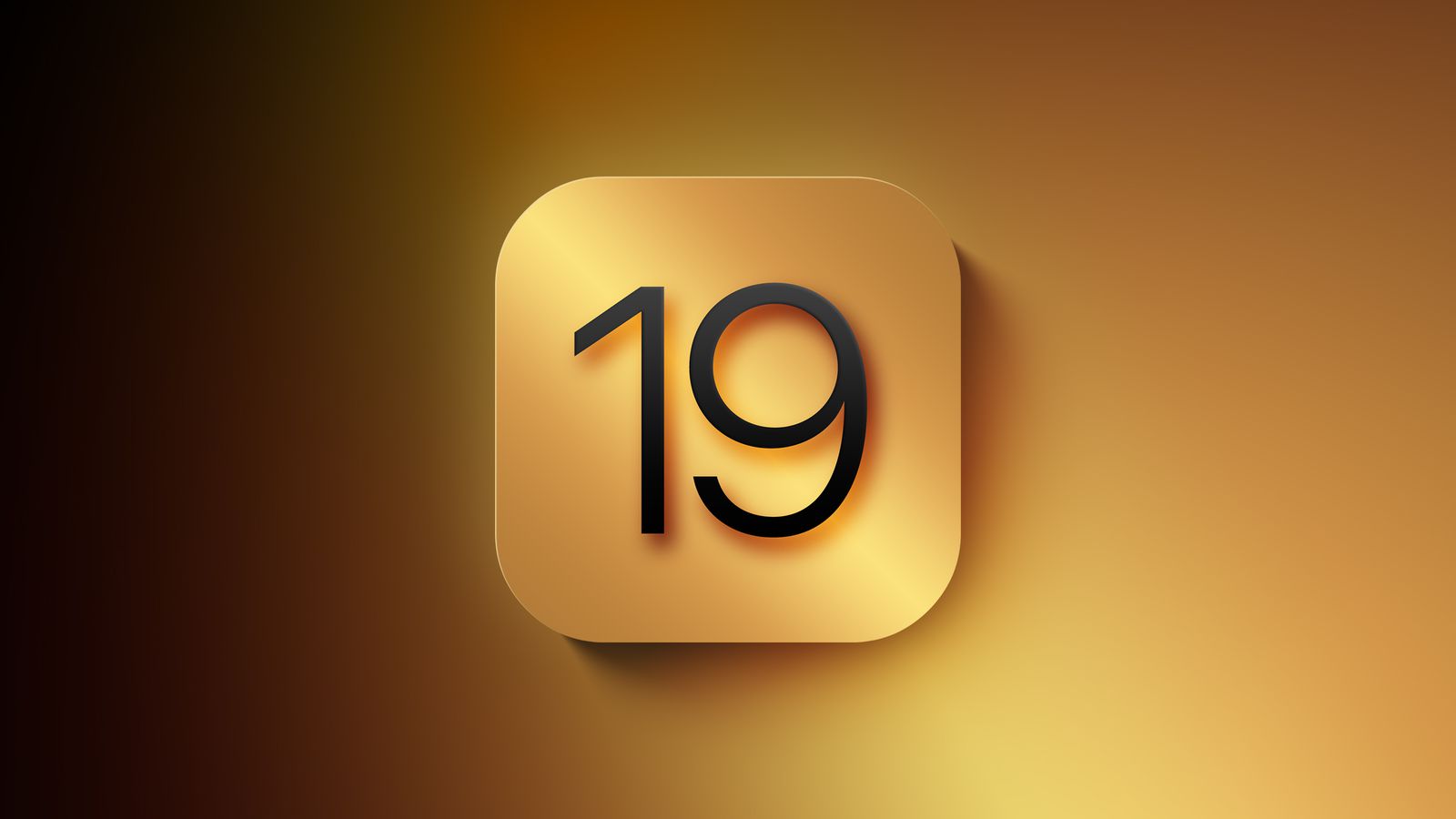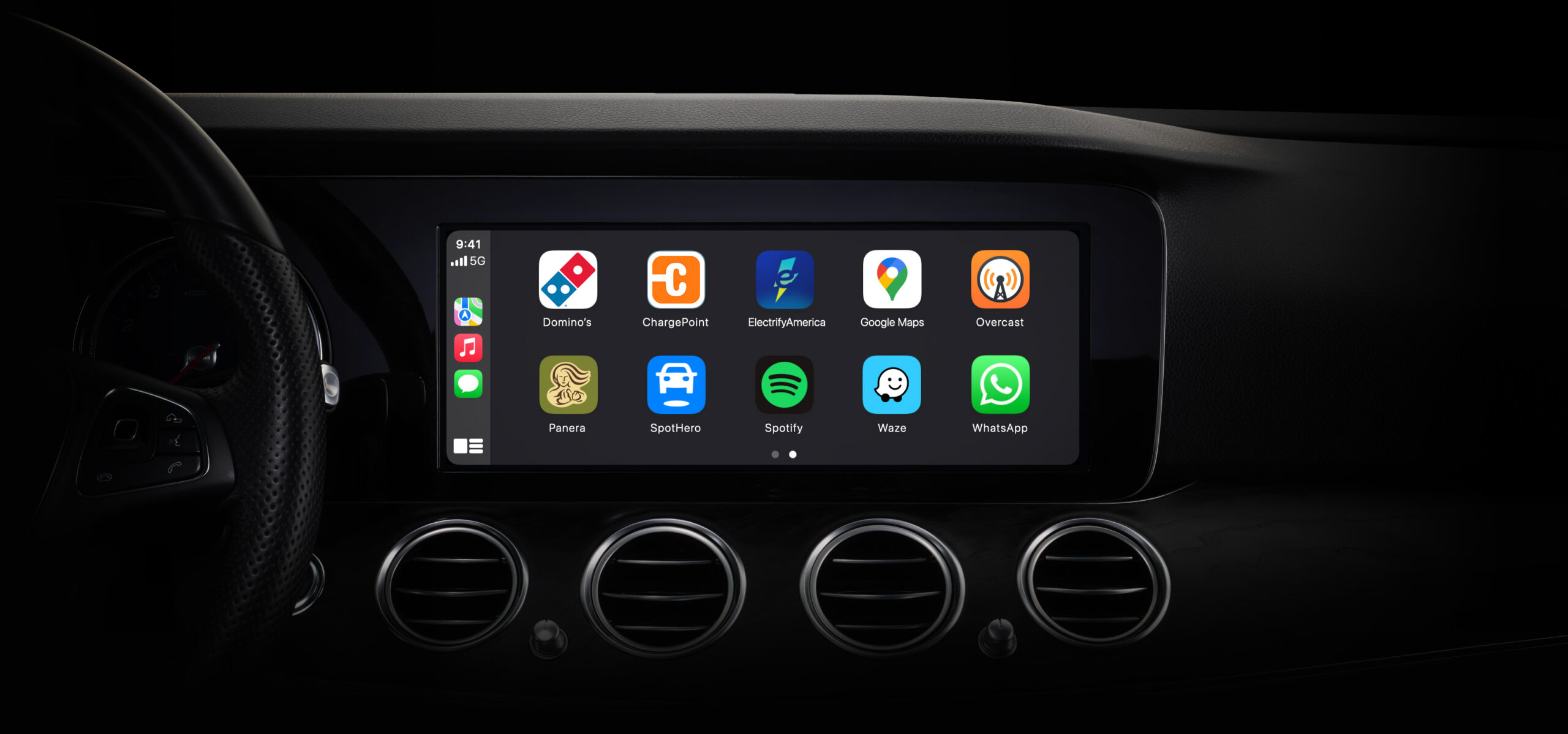Apple is gearing up for exciting changes in 2025, bringing fresh features to its Calendar app, Apple Watch Ultra 3, and PlayStation 5 payment systems. These updates aim to make daily tasks easier and more connected for users.
The Calendar app might get a big boost with Apple Intelligence, thanks to Apple’s 2024 purchase of Mayday Labs, an AI-powered scheduling company. This could mean smarter ways to organize your day, like automatic task management or better Siri integration for planning.
The upgrade is likely to appear in iOS 19, making your calendar more helpful and intuitive. Meanwhile, the Apple Watch Ultra 3 is set to launch later this year with three new features focused on connectivity. It will include 5G RedCap for faster, energy-efficient internet, plus satellite connectivity to stay in touch without an iPhone.
These additions make the watch ideal for adventurers or anyone wanting a smoother, phone-free experience. For gamers, Apple Pay is now available on the PlayStation 5, offering a secure way to buy games and content. During checkout, you scan a code with your iPhone or iPad, then use Face ID or Touch ID to pay.
This feature, already supported on iOS 18, is also expected to reach the PS4 soon, making purchases safer and more convenient. These updates show Apple’s focus on blending smart technology with everyday tools, from planning your schedule to enjoying games and staying connected on the go.


